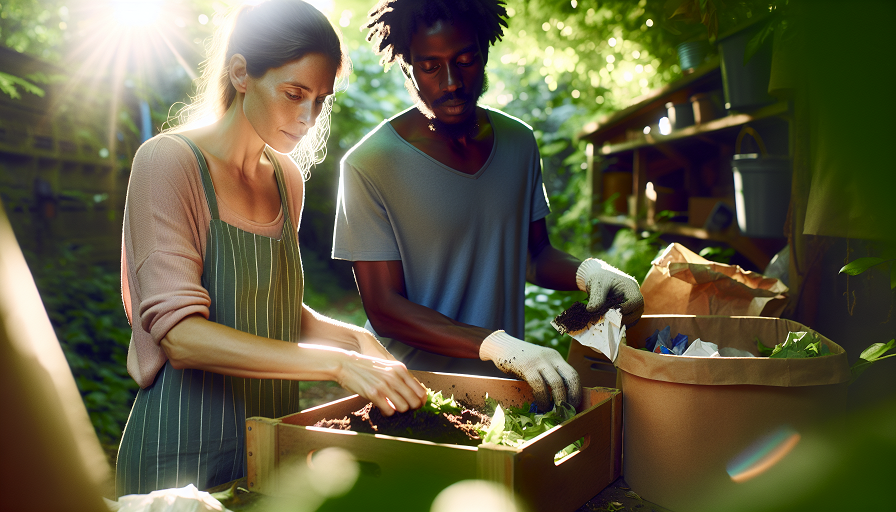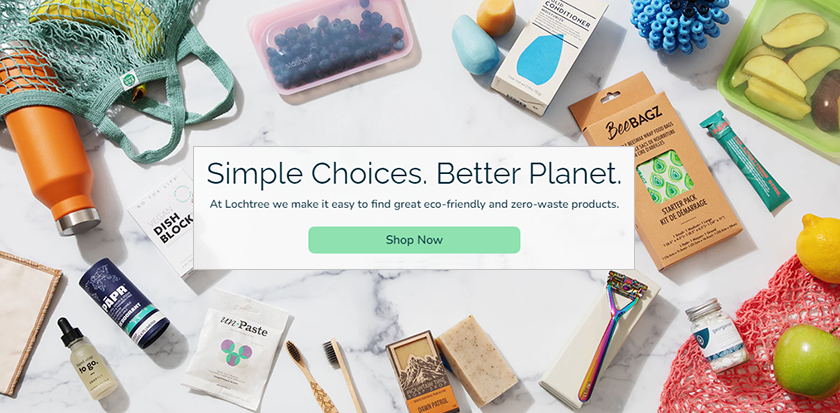
Ocean pollution is one of the most pressing environmental challenges we face. From floating islands of plastic to toxic runoff, our oceans are drowning in waste. While global efforts to clean up the mess are underway, prevention is the ultimate solution. This is where zero-waste living comes in. By rethinking how we consume and dispose of resources, we can drastically reduce the amount of trash that finds its way into our oceans.
Understanding Ocean Pollution
Before diving into solutions, it’s crucial to understand the problem. Ocean pollution comes in many forms, but plastic waste is by far the biggest offender.
The Scope of the Problem
Each year, an estimated 8 million metric tons of plastic enter the ocean. That’s equivalent to dumping a garbage truck full of plastic into the sea every minute. This waste harms marine life, disrupts ecosystems, and even affects human health through the seafood we consume.
Sources of Ocean Pollution
Pollution doesn’t magically appear in the ocean—it starts on land. Common sources include:
- Improperly Managed Waste: Landfills and litter often leak waste into waterways, which eventually flow to the ocean.
- Single-Use Plastics: Items like straws, bags, and bottles are major contributors to marine debris.
- Industrial Runoff: Chemicals and microplastics from factories enter rivers and streams, leading to ocean contamination.
How Zero-Waste Reduces Ocean Pollution
Zero-waste living focuses on reducing consumption and managing waste responsibly. By cutting waste at the source, we can prevent it from reaching the ocean altogether.
Minimizing Plastic Use
Plastics are lightweight, durable, and cheap, which makes them ubiquitous—and problematic. Zero-waste habits like refusing single-use plastics and choosing reusable alternatives are effective ways to curb plastic pollution.
- Use a stainless steel water bottle instead of buying plastic bottles.
- Bring cloth bags to the store instead of accepting plastic ones.
- Opt for unpackaged produce to avoid plastic wrap and containers.
Improving Waste Management
Zero-waste living emphasizes responsible disposal through composting, recycling, and reusing. Keeping waste out of landfills reduces the risk of it escaping into waterways.
Encouraging Industry Change
Consumer demand drives industry practices. By supporting companies that prioritize sustainable packaging and production, we send a message that waste-free options are the future.
Impact on Marine Life
Ocean pollution doesn’t just look bad—it’s deadly for marine ecosystems. Adopting zero-waste practices directly benefits the creatures that call the ocean home.
Protecting Wildlife
Sea turtles mistake plastic bags for jellyfish. Birds ingest small plastic pieces, thinking they’re food. Fish get tangled in discarded fishing nets. By reducing the waste we produce, we minimize these tragic interactions.
- Fewer Entanglements: Zero-waste practices help reduce the amount of fishing gear and packaging materials entering the ocean.
- Less Ingestion: Decreasing microplastic production lowers the chances of marine animals consuming harmful debris.
Preserving Ecosystems
Pollution disrupts coral reefs, mangroves, and other vital ecosystems. Zero-waste living supports healthier habitats by reducing the pollutants that damage these delicate environments.
Everyday Zero-Waste Actions to Protect Oceans
You don’t have to live by the sea to make an impact. Here are practical steps anyone can take to prevent ocean pollution.
At Home
- Compost food scraps to avoid sending organic waste to landfills, where it can leach harmful substances into waterways.
- Recycle properly by following your local guidelines and avoiding “wish-cycling,” which contaminates recycling streams.
- Switch to eco-friendly cleaning products to reduce chemical runoff.
In Your Community
- Organize or participate in local cleanups to remove waste from beaches, parks, and rivers.
- Advocate for plastic bag bans or other waste-reducing policies in your area.
- Support zero-waste stores and businesses that prioritize sustainable practices.
While Shopping
- Choose bulk bins or package-free options whenever possible.
- Bring your own containers, jars, and reusable produce bags.
- Avoid products with excessive packaging or opt for brands that use biodegradable materials.
Zero-Waste Innovations Making Waves
Technology and creativity are driving new solutions to ocean pollution. Supporting these innovations can amplify the impact of your zero-waste efforts.
Biodegradable Alternatives
Startups are creating compostable packaging from seaweed, mushrooms, and other natural materials. These products break down safely, unlike traditional plastics.
Ocean Cleanup Initiatives
Organizations like The Ocean Cleanup are developing systems to remove waste from oceans and rivers. Supporting these efforts financially or through volunteer work accelerates their progress.
Community-Led Solutions
Local initiatives, like refill stations for household products or plastic-free farmer’s markets, are helping neighborhoods adopt zero-waste habits. Participating in or promoting these efforts amplifies their reach.
The Bigger Picture
Zero-waste living doesn’t just benefit the oceans—it contributes to a healthier, more sustainable planet. By reducing our consumption and managing waste responsibly, we address broader issues like climate change, resource depletion, and environmental justice.
Connecting the Dots
Ocean pollution is a symptom of a larger problem: unsustainable consumption. Zero-waste living tackles the root cause, shifting the focus from cleanup to prevention.
Creating a Ripple Effect
Small changes add up. When individuals adopt zero-waste habits, it inspires others to follow suit, creating a collective impact that extends far beyond personal choices.
A Cleaner Ocean Starts with Us
The role of zero-waste in reducing ocean pollution cannot be overstated. From cutting back on single-use plastics to supporting sustainable industries, every action we take helps protect marine ecosystems for future generations. By adopting zero-waste habits, you’re not just keeping trash out of the ocean—you’re helping create a cleaner, healthier planet for all.

